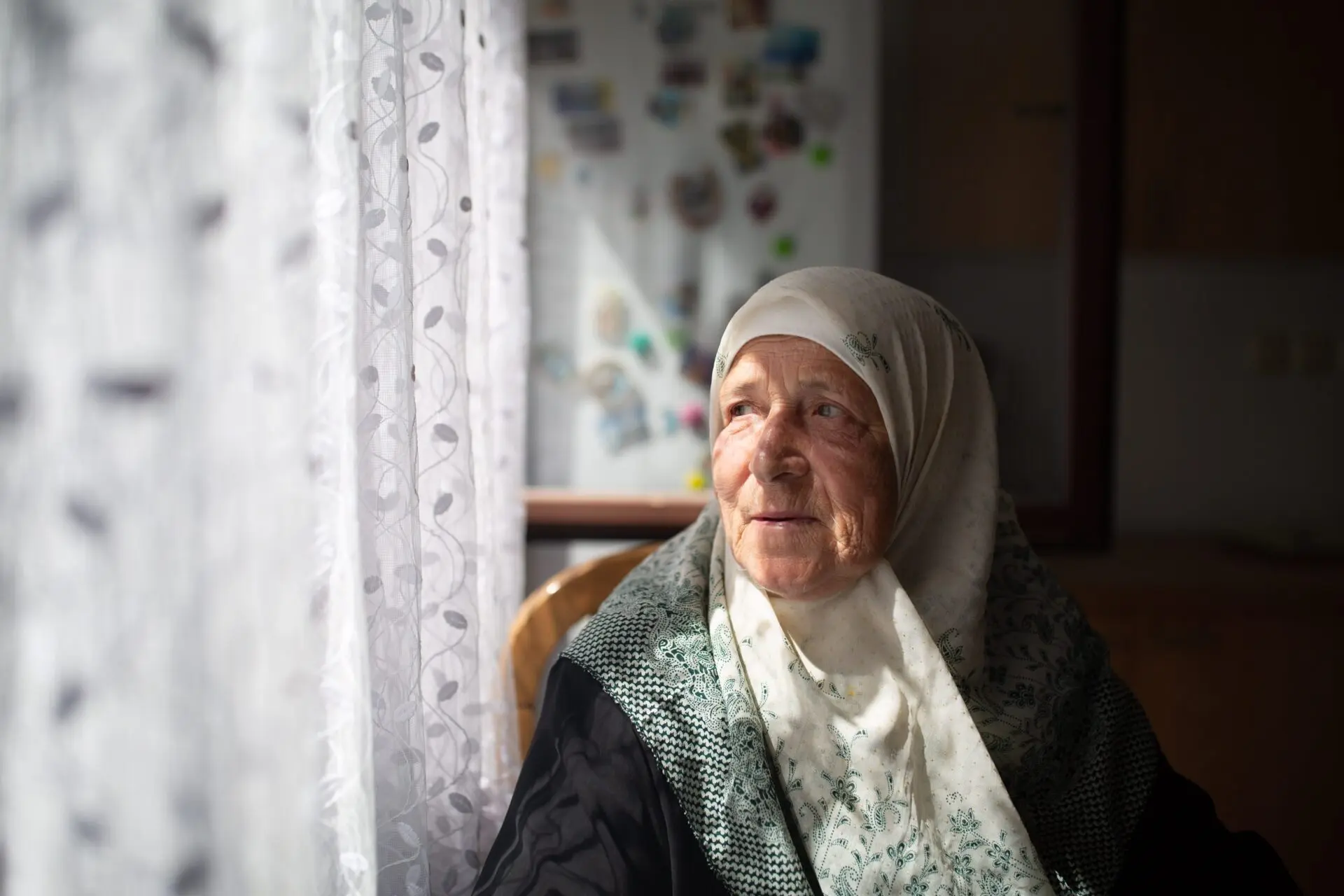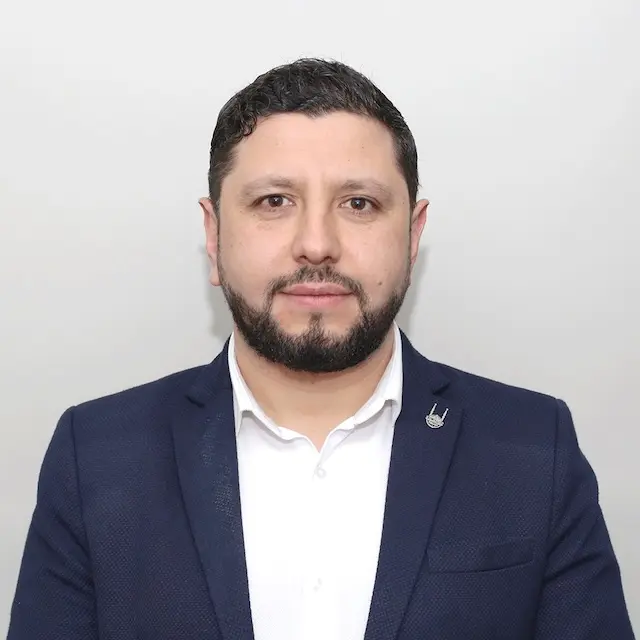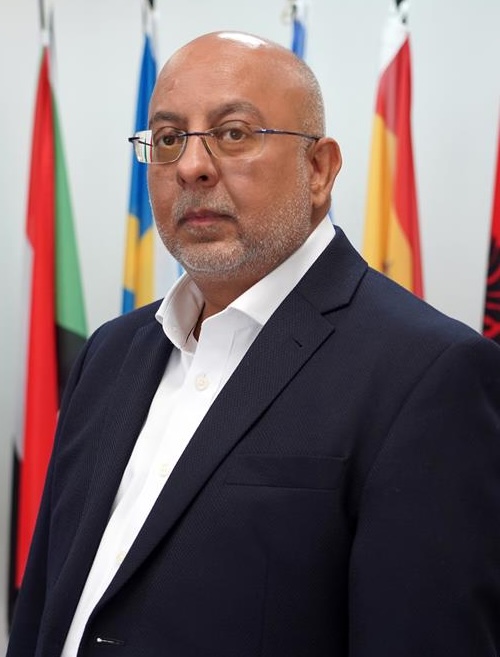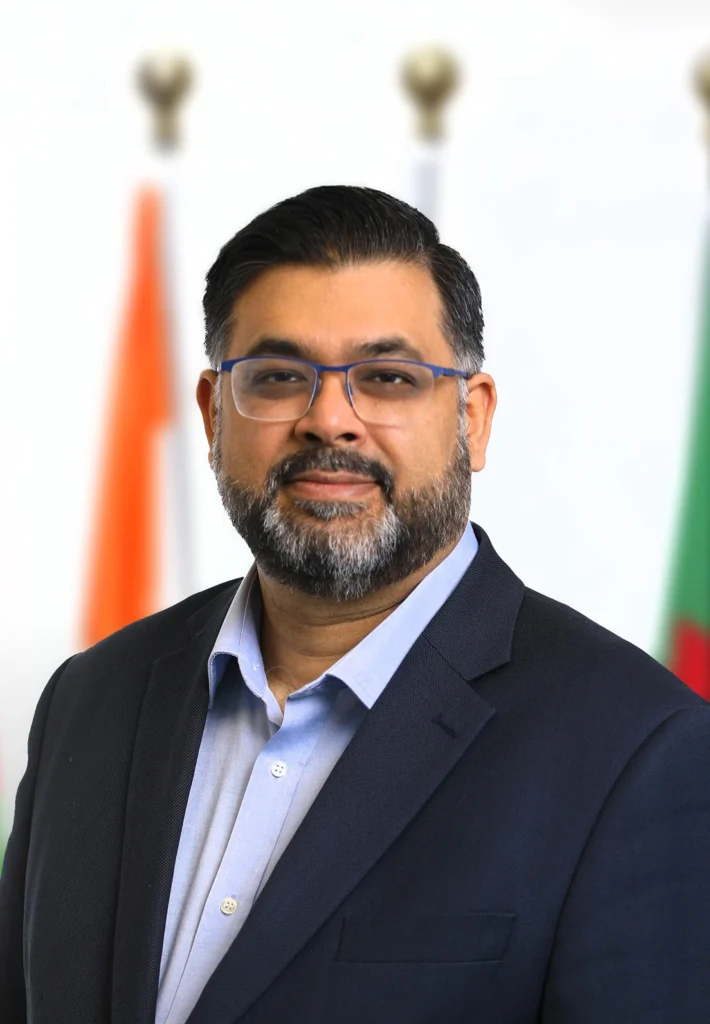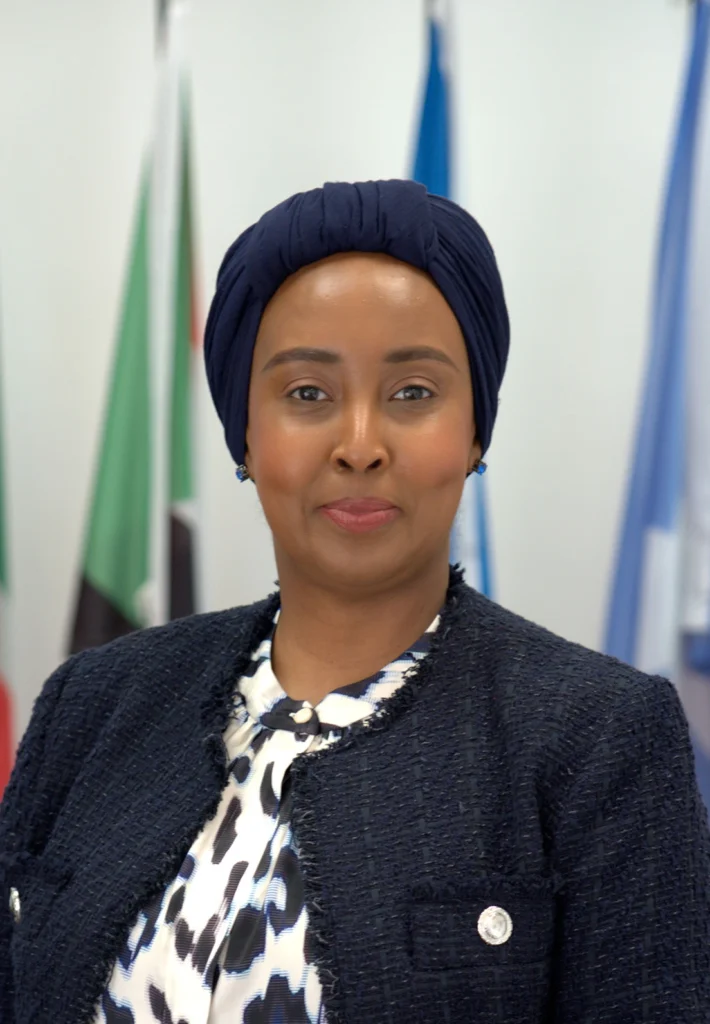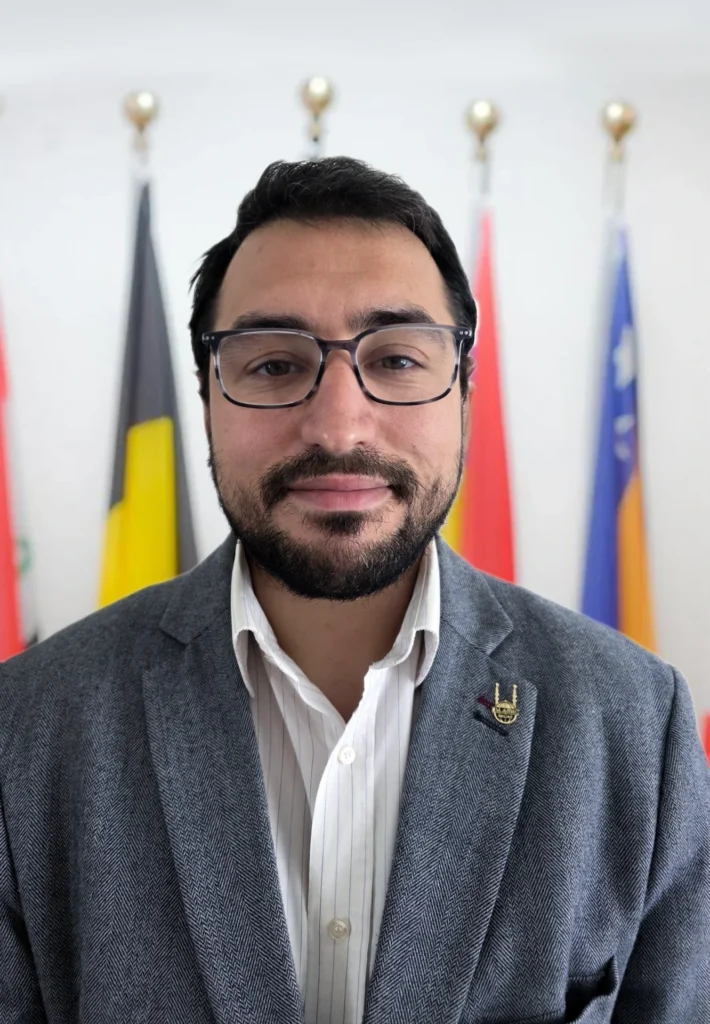Islamic Relief calls for world leaders to prevent modern-day genocides as Bosnia and Herzegovina commemorates 30 years since Srebrenica Genocide that killed over 8,000 Muslims.
The international community is failing to learn the lessons of the 1995 Srebrenica Genocide, which was Europe’s worst atrocity since the Holocaust and the result of a shameful global failure to protect civilians. Thirty years ago, Bosnian Serb forces captured the town of Srebrenica and then systematically massacred more than 8,000 Bosniak Muslims in a UN-declared “safe area” where people were promised protection then abandoned. Over the course of the Bosnian War more than 100,000 people were killed, more than 2 million forced from their homes, and up to 50,000 women abused in rape camps.
The horrors of Srebrenica continue to haunt survivors and their descendants today. Islamic Relief – which was one of the biggest aid agencies responding on the ground at the time and continues to support survivors today – is participating in national commemorations in Bosnia and Herzegovina this week to honour the memories of the victims and pay tribute to survivors. Ahead of the anniversary, Islamic Relief has documented the horrific testimonies and ongoing trauma of numerous survivors (see testimonies below).
Now, in places like Gaza and Sudan, we yet again see the world fail to protect civilians from atrocities or ensure accountability for blatant violations of international law.
Waseem Ahmad, Chief Executive of Islamic Relief Worldwide, says the world is failing to learn the lessons of Srebrenica:
“The Srebrenica Genocide is a dark stain on the world’s conscience. People were promised protection then abandoned to be executed or raped while the world stood by. International governments had the knowledge and tools to respond but they lacked the political will. They owe it to Srebrenica’s victims and survivors to prevent genocide from ever happening again.
“But 30 years on, governments yet again lack the will to take meaningful action to save lives. Last year the International Court of Justice (ICJ) ordered actions to prevent genocide in Gaza, finding it plausible that such a risk exists. Yet the Court’s ruling continues to be ignored without consequence. Palestinians in Gaza are being systematically killed, starved, forcibly relocated, and denied humanitarian aid. Every day we see international law violated with complete impunity.
“Today the global legacy of Srebrenica is more relevant than ever. It is a stark reminder that governments must act in the moment to uphold international law and prevent atrocities. History judges harshly those who fail to act.”
States must honour their commitments in the 1948 Genocide Convention. All states have a moral and legal obligation to act to prevent genocide as soon as there is a risk of it occurring – not wait for legal verdicts that inevitably come years after people have been killed. It was only in 2007, 12 years later, that the ICJ ruled that genocide occurred at Srebrenica. Its legacy demands that the ICJ’s ruling on Gaza must be enough to spur states into action.
Islamic Relief is also calling for governments and institutions to do more to tackle the rise of hate speech and disinformation that fuel genocide and war crimes.
CEO Waseem Ahmad said: “The Bosnian War and the genocide in Srebrenica were fuelled by hate speech, disinformation and dehumanising propaganda that framed the victims as the danger. Today we see similar genocidal language in wars where we work around the world, seeking to strip people of their dignity and humanity in order to justify attacks on their existence. We need to see greater measures to combat hate speech and incitement.”
Islamic Relief has worked in Bosnia and Herzegovina since 1992. During the war we provided food and other vital emergency aid, then in the aftermath we helped survivors to rebuild homes and cope with trauma, get children back into school, and set up farms and small businesses. Today we continue to help the survivors, widows and orphaned children of genocide.
To honour the victims and survivors, and preserve their testimonies, Islamic Relief has interviewed numerous survivors of the war and the genocide, including:
- Hasan, now 65, was one of the few survivors of the “Death March” of thousands and men and boys into the forest, where they were hunted down and killed. He recalls, “The artillery was beating us, projectiles were literally smashing people’s bodies… Even today I feel the consequences. Sometimes I talk in my sleep… sometimes I feel like somebody is chasing me.”
- Avdo, now 70, is one of the few survivors from his family. Today he often walks past the site of Sušica concentration camp, where thousands were imprisoned: “They beat my father, and that’s what pains me the most. I can get over the deaths, but the torture, the abuse…the cruelty they inflicted on him, that’s what’s hard for me. Two of my brothers were killed. My uncle too. My aunt was killed. Their families… I don’t even know how many were killed in my family.”
- Umija, now 52, says the bodies of victims were moved repeatedly to hide evidence. She was only able to locate the remains of her father and uncle more than a decade after the war ended. “They were found in three mass graves, not in one… they were tossed into this grave, then this one, and they were very far apart… All of that hits hard to this day. When I rewind the tape, everything hits me, and I feel depressed. I pray it doesn’t happen anywhere [else].”
- Tima, now 70, remembers when her village was attacked, forcing her to seek safety in Srebrenica, where her husband was later killed in the genocide.“I had to leave because they set the house on fire. They killed whoever they could. We never returned. Whoever stayed was killed. When I arrived in Srebrenica, all I wanted was to lay down with my children. I was physically exhausted from carrying my children for three months on my back in the snow.”
- Adelina, now 28,was born after the war.She faced intergenerational trauma and discrimination as a child, but with help from Islamic Relief has grown her own thriving business. “The war affected a lot of people. My Dad has a lot of trauma from the war. Others look at you very strangely because you are Muslim, because you have a strange name. I didn’t like my name when I was little, but later on I figured out that my name is so beautiful. Sometimes I was bullied at school because I was Muslim and Bosnian, but later it was better.”
Notes to Editors
- Full testimonies, photos and video interviews with survivors and their descendants are available.
- In Gaza, over 57,000 Palestinians have been killed and over 134,000 wounded. Around one third of those killed are children. Civilians are repeatedly ordered to move to Israeli-declared “safe zones” where they are bombed and burned alive in their shelters. Many people have been gunned down just for trying to get food for their families, while the Israeli blockade has pushed hundreds of thousands to the brink of starvation.
- In Sudan, entire communities have been massacred and forced from their homes. Armed groups have killed and raped civilians, looted food and systematically obstructed humanitarian aid. More than 12.5 million people have been displaced since the war began, and the war and disregard for international law has created what is now the world’s biggest hunger crisis.


